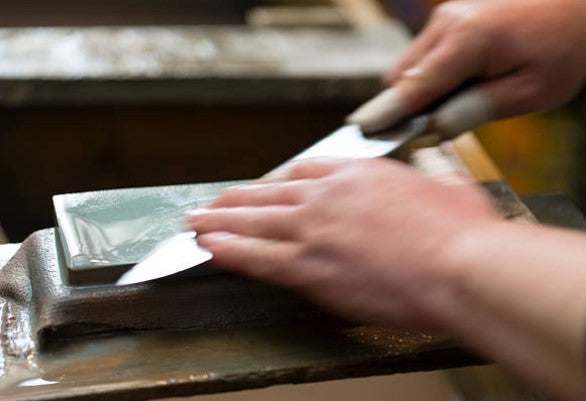
-
The Difference in Sharpening Cultures Between Japan and Abroad: Why Are Whetstones So Important in Japan?
-
November 28, 2024
-
The reason why the culture of using whetstones in Japan is not as prevalent in other countries mainly stems from Japan’s unique historical background and differences in resources. Below are the key points to explain this:
-
1. Abundance and Variety of Natural Whetstones
-
Japan, despite being a small island nation, is home to a vast abundance of natural whetstones. Especially, natural finishing stones (known as shiage to) are plentiful in Japan, a feature unique to the country. These natural whetstones have played a vital role in maintaining the sharpness of blades used in Japanese cuisine. In contrast, overseas, natural finishing stones are scarcely available, leading to the development of a culture that uses artificial abrasive materials instead. As a result, the technique of sharpening with whetstones has not spread as widely.
-

-
2. The Importance of Sharpness in Weapon Making
-
Japan has a long history of sword-making, where the sharpness of the blade has always been highly valued. During the sword-making process, whetstones were indispensable tools for polishing the blade, and sharpening techniques were developed to bring out the maximum sharpness. Throughout history, the samurai and craftsmen of Japan have honed their skills in using whetstones to achieve the finest sharpness.
-

-
3. Technological Differences with Other Countries
-
While these steps offer a basic approach, the optimal sharpening technique may vary based on the chef’s style, knife material, and blade shape. Adjust as necessary to find the method that best suits your needs, ensuring your knives are always in top condition.
This guide aims to not only maintain your tools but to enhance your skills in the kitchen. A well-sharpened knife improves the cooking experience, making every cut a reflection of your culinary expertise.
-

-
4. The Relationship Between Japanese Cuisine and Whetstone Culture
-
In Japanese cuisine, the ability to bring out the umami and delicate flavors from ingredients is achieved by cutting them with precision. Particularly for preparing dashi (soup stock), the delicate cutting of ingredients is essential, making the sharpness of the knife and its sharpening method (using whetstones) extremely important. Influenced by this culinary culture, the use of whetstones became ingrained in daily life in Japan.
-

-
Conclusion
-
In Japan, the abundance of natural whetstones and the deep pursuit of sharpness have led to the significant role that whetstones play. In contrast, other countries did not develop a similar culture of using whetstones or emphasizing sharpness, which is why the techniques and frequency of using whetstones differ.
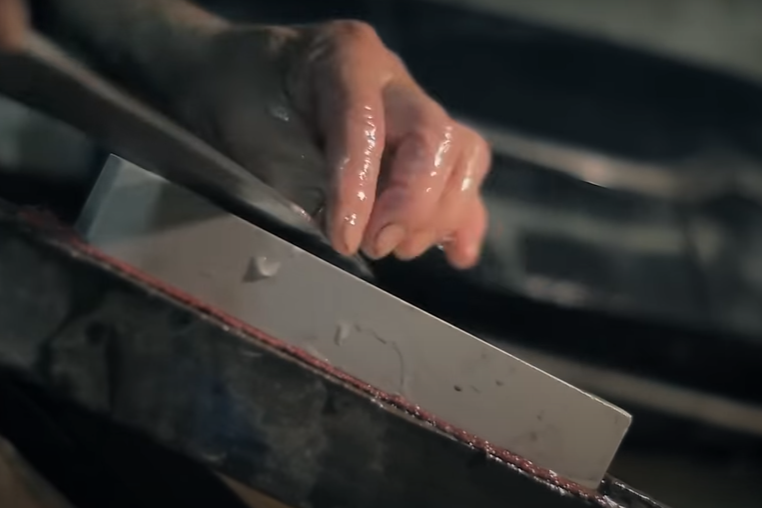
Daily Care of Whetstone
While whetstones are crucial for knife maintenance, you might wonder if they require any special care themselves. Although they generally do not need much attention, the most serious issues they can encounter—akin to rust on knives—are warping and denting. It's important to know what to watch for to prevent these problems and ensure your whetstone remains in good condition for clean and effective use.
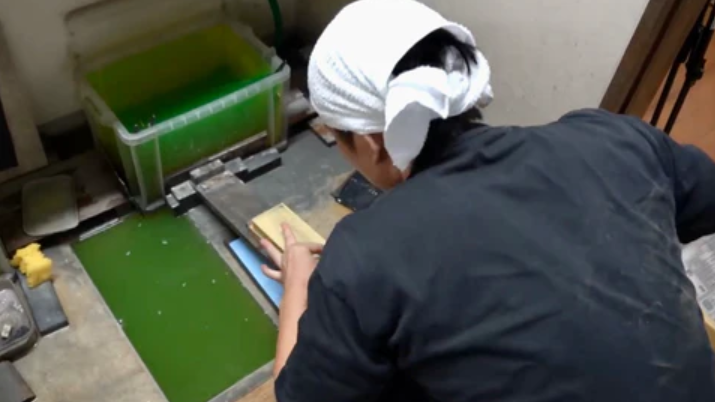
Sharpening Knives
We aim to introduce our customers to a knife sharpening guide to help them maintain the sharpness of their knives and prolong their enjoyment of cooking. Our hope is that our customers can savor the pleasure of using knives while enhancing their culinary experiences even further.
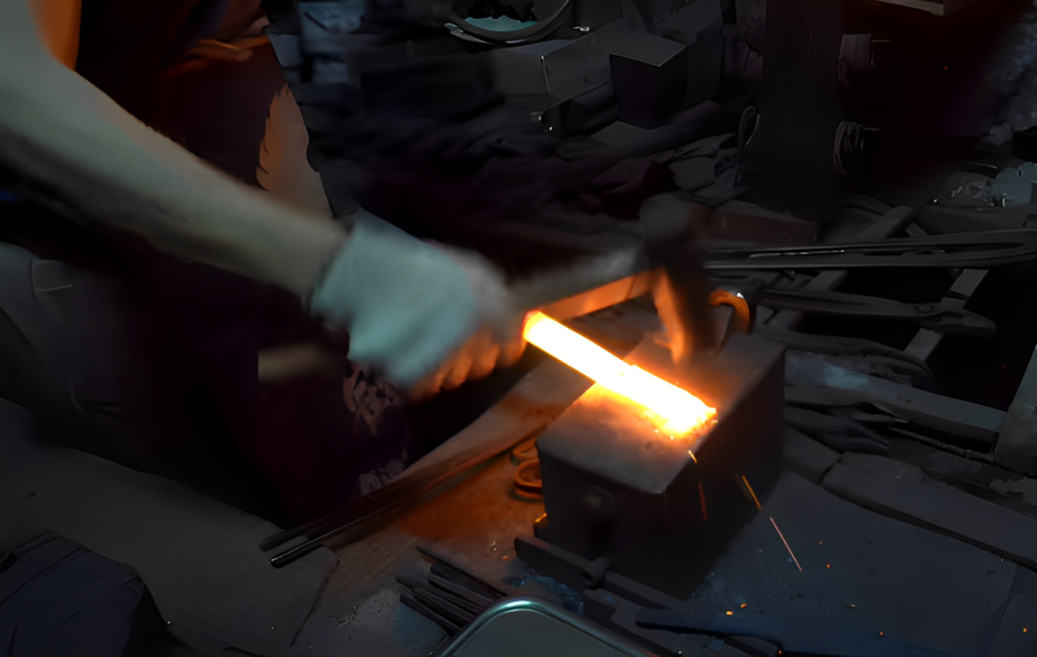
The Origin of Craftsmanship
-
Failures Are Stepping Stones—The Philosophy of a Traditional Japanese Knife Artisan
In this world, there is no such thing as failure. For us artisans, every so-called 'failure' is a precious experience that helps us refine ourselves and become more true to who we are.
-
Creating a single knife is a journey of trial and error—choosing the right materials, mastering the heat, and perfecting the blade's shape. What may seem like a mistake at first often becomes the very moment of discovery that leads to innovation.
-
In the world of Japanese knives, we must honor tradition while also imbuing our blades with our own unique essence. It is only by embracing challenges without fear of failure that we can achieve this balance.
-
When a chef picks up one of my knives and feels, 'This is it,' I know the journey was worth it. Achieving this level of craftsmanship requires the willingness to learn and grow from every setback.
-
Failures nourish us and guide us toward creating knives that are truly our own. This process of transformation is not only a craft but also our pride.

Would you like to experience the sharpness of handcrafted knives from Sakai City, used by 98% of Japanese chefs?
With our exclusive partnership with Shiroyama Japanese Knife Manufacturing, we offer top-quality knives, free Honbazuke, a protective Saya, and after-sales services for long-term confidence.
KIREAJI's Three Promises to You
-
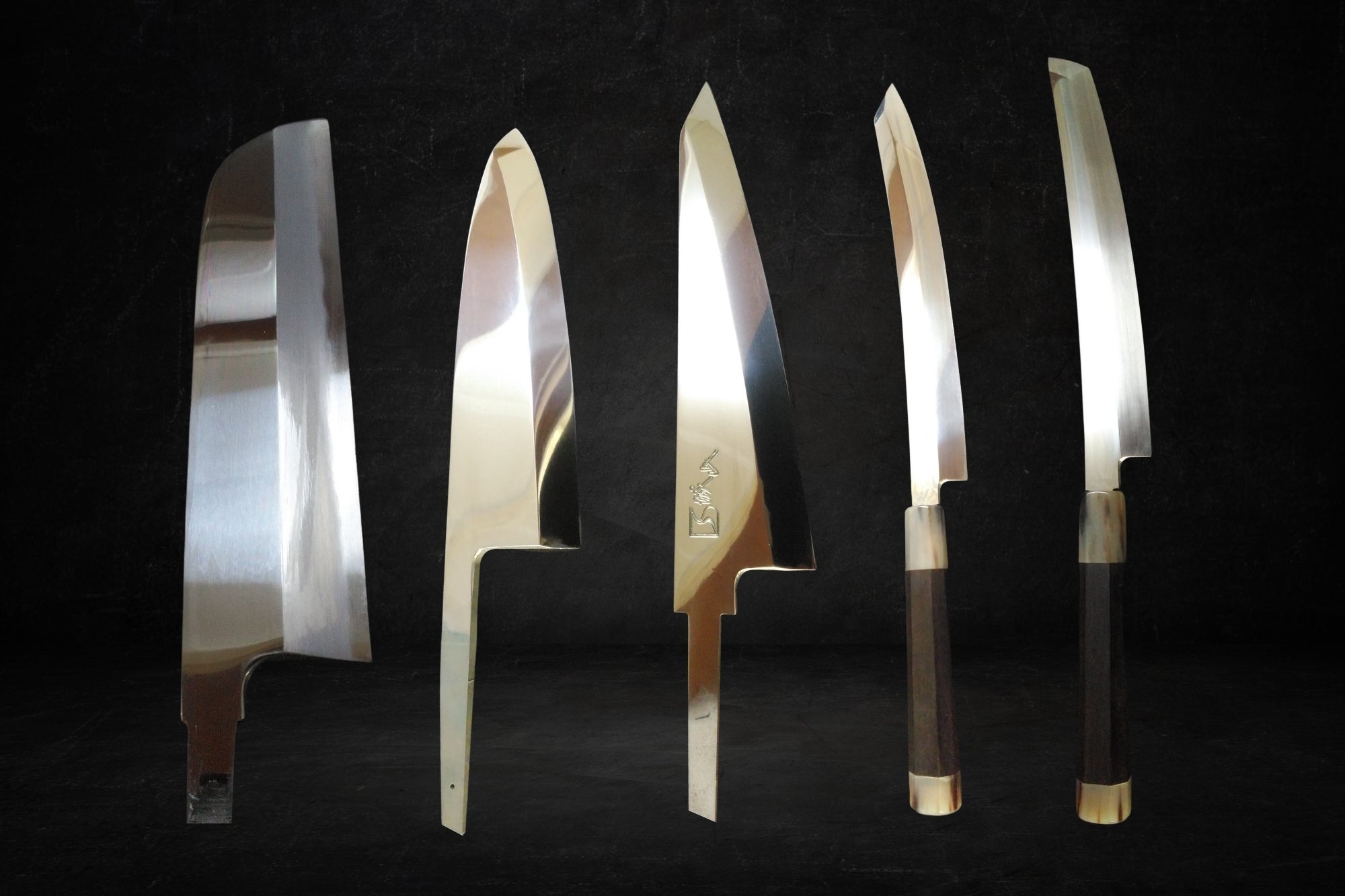
1. Exceptional Japanese Knives
Our knives, crafted by Sakai City's master artisans, combine traditional techniques with carefully selected materials, delivering unrivaled sharpness and durability.
-

2. For a Lifetime of Use
At KIREAJI, we see knives as lifelong companions. Each knife comes with a free saya, and we offer Honbazuke hand-sharpening by Shiroyama Knife Workshop in Sakai City.
-

3. Supporting the Joy of Continued Use
KIREAJI knives are made to grow with you. That’s why we provide trusted after-sales care (fee-based) .








